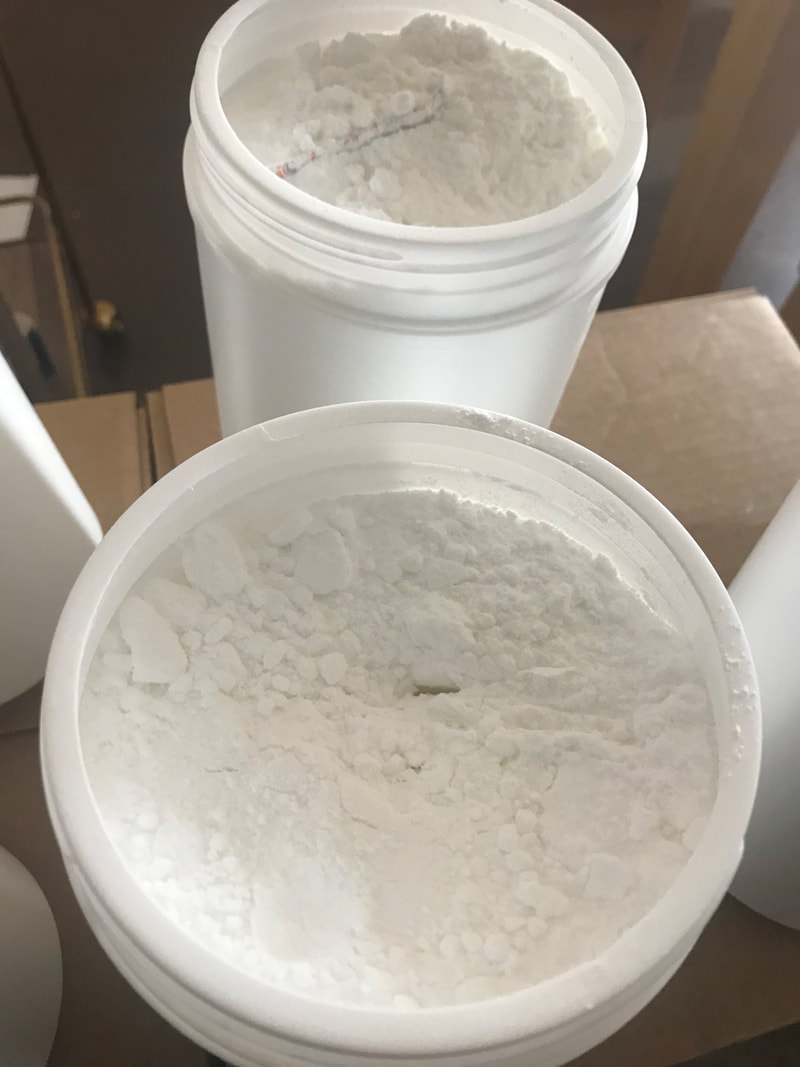|
Cannabidiol, or CBD, is one of two main cannabinoids found in hemp and cannabis plants. The other main cannabinoid is THC and some lesser known cannabinoids are as CBN, CBG and THCa. These cannabinoids work within the body to help maintain a large regulatory system called the endocannabinoid system (ECS). This system is comprised of a multitude of receptors located all throughout the body.
CBD and THC primarily work with two receptors: CB1 and CB2, though they interact with many others. These receptors can be activated by the body’s naturally occurring endocannabinoids (naturally produced inside the body) or by plant-derived supplemental cannabinoids such as CBD and THC. However, while THC actually binds to these receptors to activate them, CBD simply stimulates the body’s naturally occurring cannabinoids to activate the receptors, causing them to do more of what they normally do. Because CBD does not directly bind to these receptors, it does not produce any psychological effects. Initial studies have found that CBD offers a multitude of medicinal benefits, including: • Antiemetic (reduces nausea and vomiting) • Anti-inflammatory • Antioxidant • Antipsychotic • Anticonvulsant (suppresses seizure activity) • Anti-tumoral/anti-cancer • Antidepressant • Anxiolytic (combats anxiety) • Analgesic (relieves pain) When our bodies do not produce enough endocannabinoids, we suffer from endocannabinoid deficiency syndrome (ECDS) which is when our ECS is not functioning optimally and we need supplemental cannabinoids to bring us back to homeostasis or balance. The lack of homeostasis causes our other main systems like the circulatory, digestive, endocrine, nervous, skeletal and reproductive systems to not function sufficiently.
1 Comment
|
We Farm HempWe are hemp farmers and enthusiasts. Just hoping to spread some knowledge about the plant and be a resource for the hemp industry. ArchivesCategories |


 RSS Feed
RSS Feed
